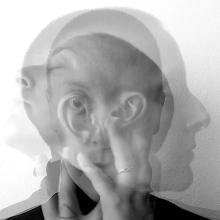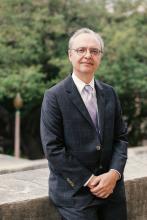Faculty Communication

Building a Network of Large-Class Educational Leaders Across Campus
Each year I attend Teaching Discovery Days and Texas Teach-Up and leave motivated to try new teaching practices. The majority of the practices I observe during Texas Teach-Up, hear about at conferences, or read about in the literature need substantial adaptations to work in my large classes. Figuring out how to make new practices work well and remain manageable sometimes seems insurmountable. Discussions with others who teach large courses often provide insights and ideas, but in any given department at UT there may be just one or just a few professors who teach these large class sizes.

Collaborative Effort–Teaching General Physics
I have been teaching general physics for non-Physics majors since 2008. I have implemented interactive learning elements into my lecture and “real life” questions, which allows the students to have short (3-4 minutes) discussion in small groups to find solutions for the given questions. I have seen improvement in student engagement and finally in test scores, especially within the semester as the students embrace this style of teaching. However, in order to really affect improvement, I communicate with other physics faculty to reflect on the evaluation of successful teaching.




